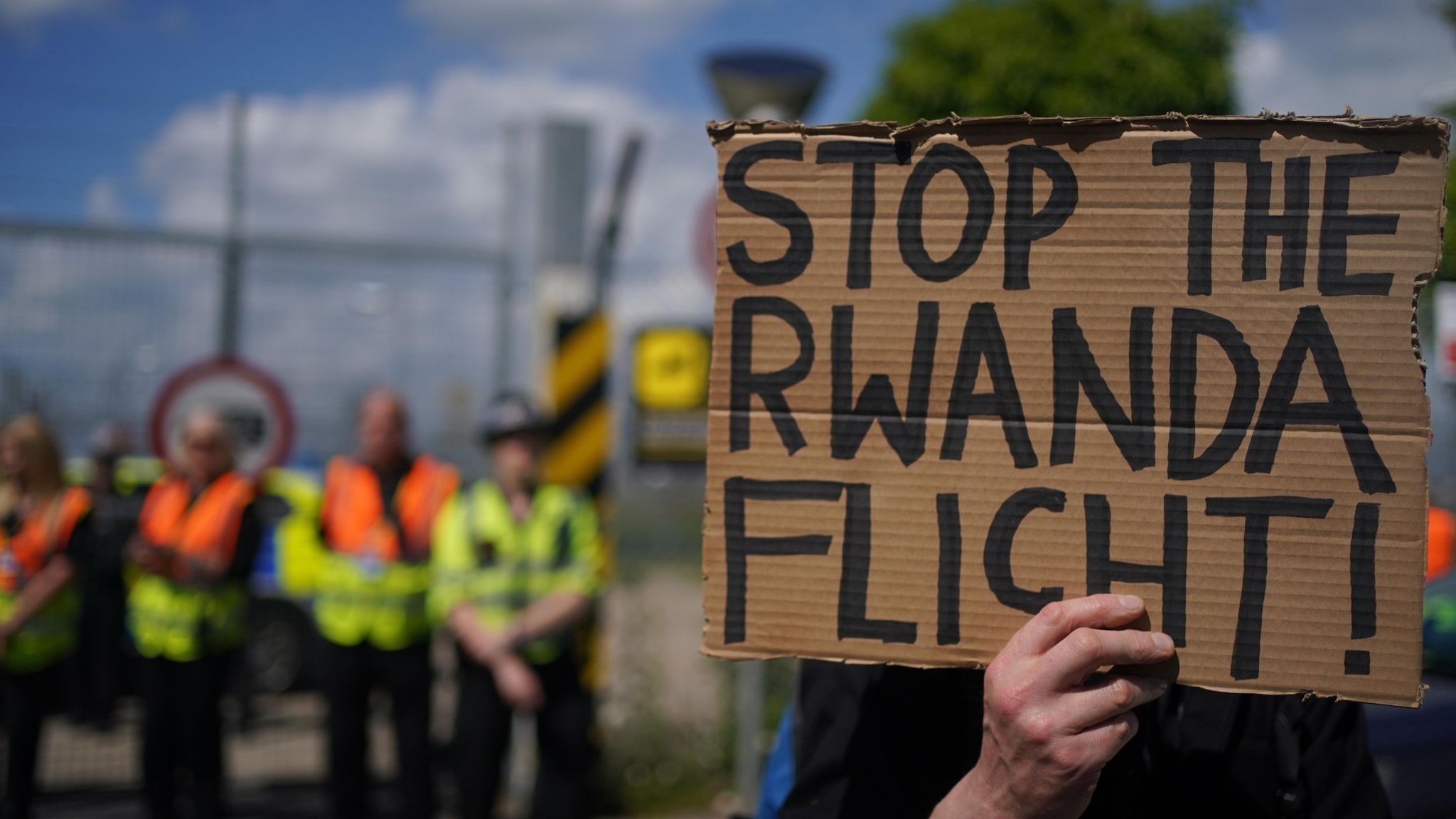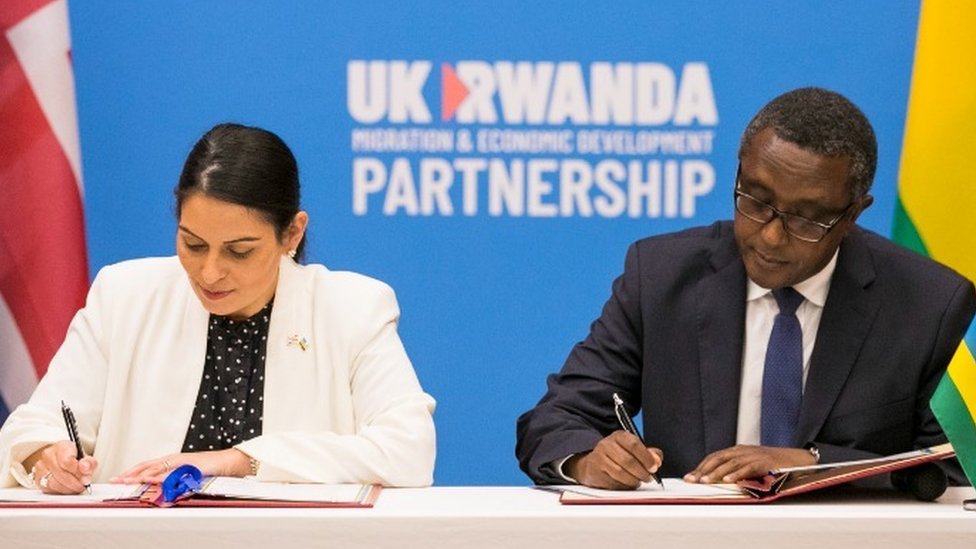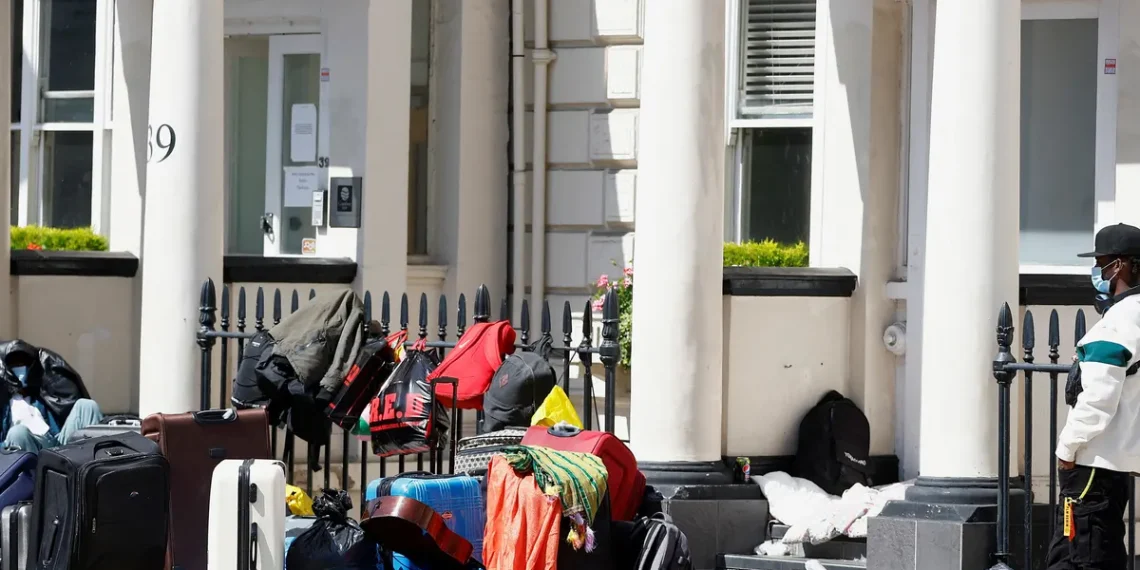Britain’s plan to deport asylum seekers to Rwanda faces financial scrutiny as parliament’s spending watchdog warns it could cost over £600 million. The policy, announced in 2022, aimed to send refugees arriving on England’s southern coast to Rwanda, but legal challenges have stalled deportations.
Despite no deportations yet, the government plans to resettle thousands in Rwanda, though capacity remains unclear.

The National Audit Office (NAO) revealed that Britain has already paid Rwanda £220 million, with an additional £150 million agreed over three years and £120 million after resettling the first 300 asylum seekers.
Each resettled individual will cost an extra £150,874, bringing the total expenditure to over £600 million when factoring in flight expenses.
Although the government could activate a break clause after three months, prior payments to Rwanda would be non-recoverable, and future payments would still apply. Acknowledging the policy’s high risk, the government’s final expenses depend on the number of deportations.
Last year, the Supreme Court ruled the scheme unlawful due to human rights concerns and inadequacies in Rwanda’s system. Despite legal setbacks and rising costs, Chancellor Rishi Sunak remains committed, pushing legislation to declare Rwanda a safe country.

This political investment aims to boost the Conservative Party‘s popularity ahead of anticipated elections.
Most asylum seekers arriving on small boats claim to flee wars and abuse, predominantly from the Middle East, Africa, and South Asia, with the majority granted refugee status.
However, the government argues that economic migrants comprise a significant portion, estimating around 90% of those making the journey are men. Amid ongoing arrivals, legal battles, and mounting expenses, the fate of Britain’s asylum policy remains uncertain.




